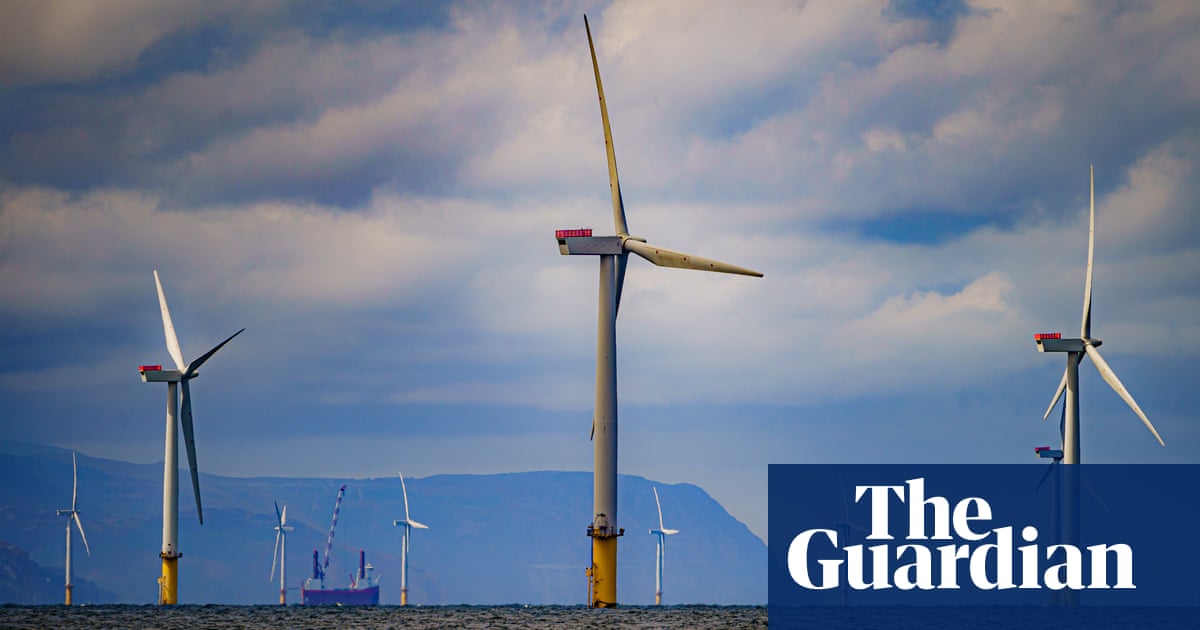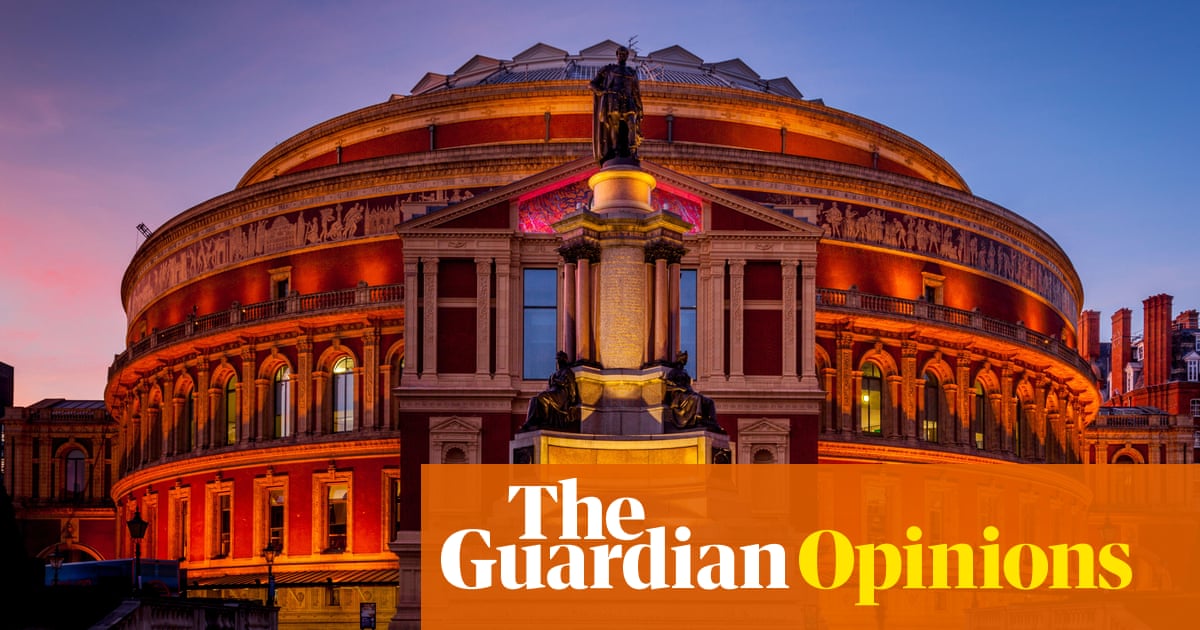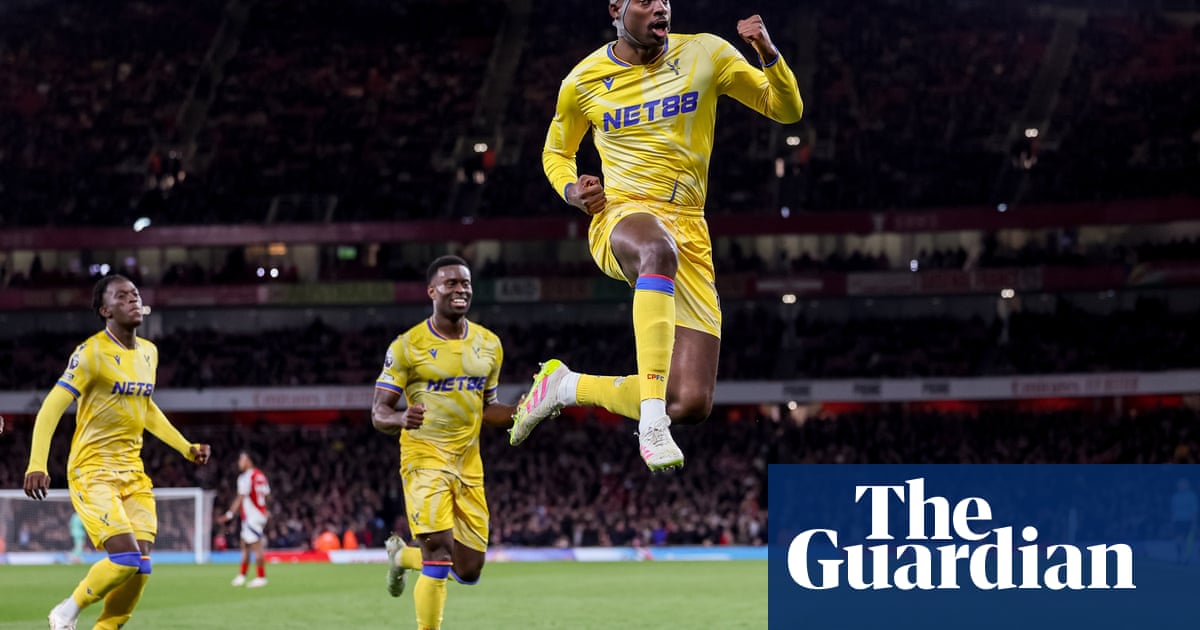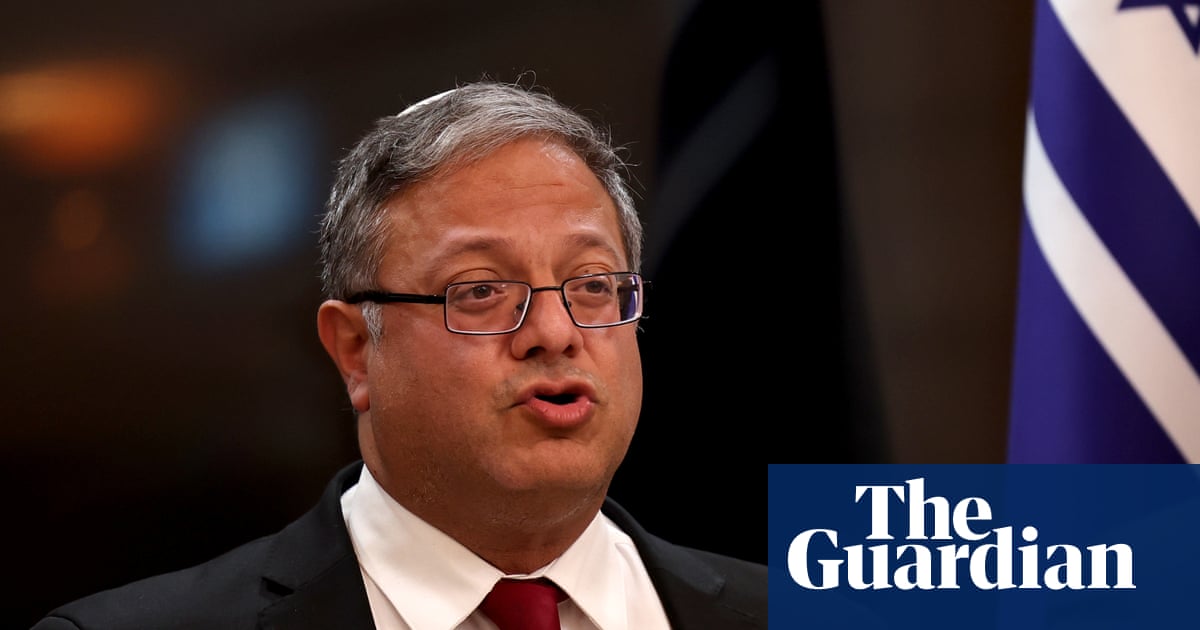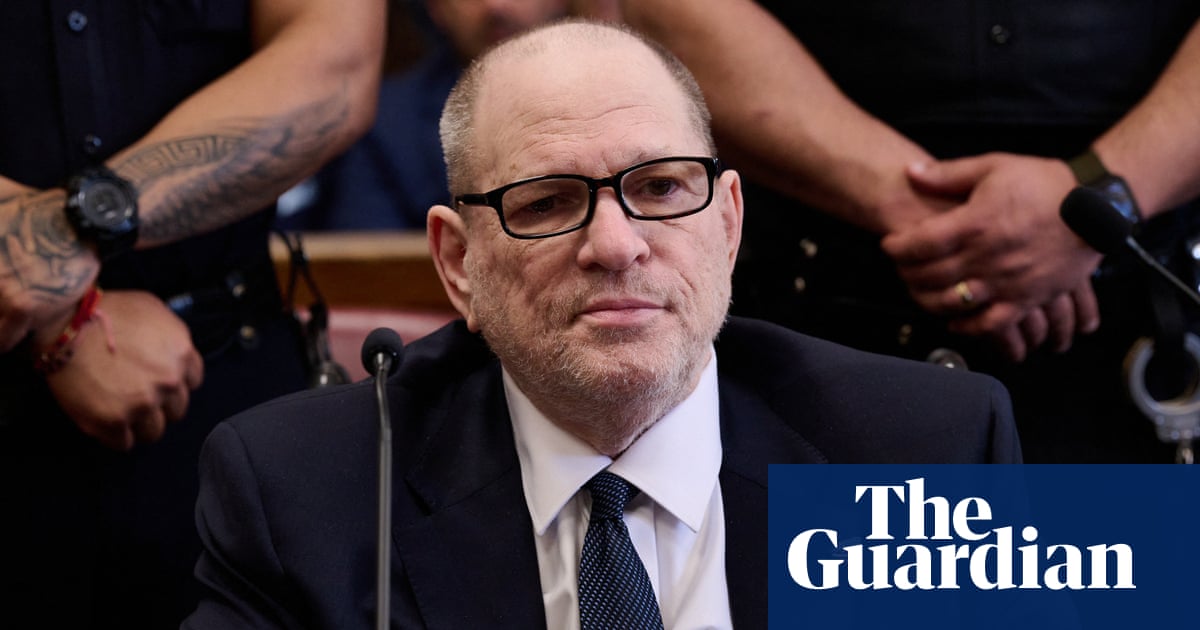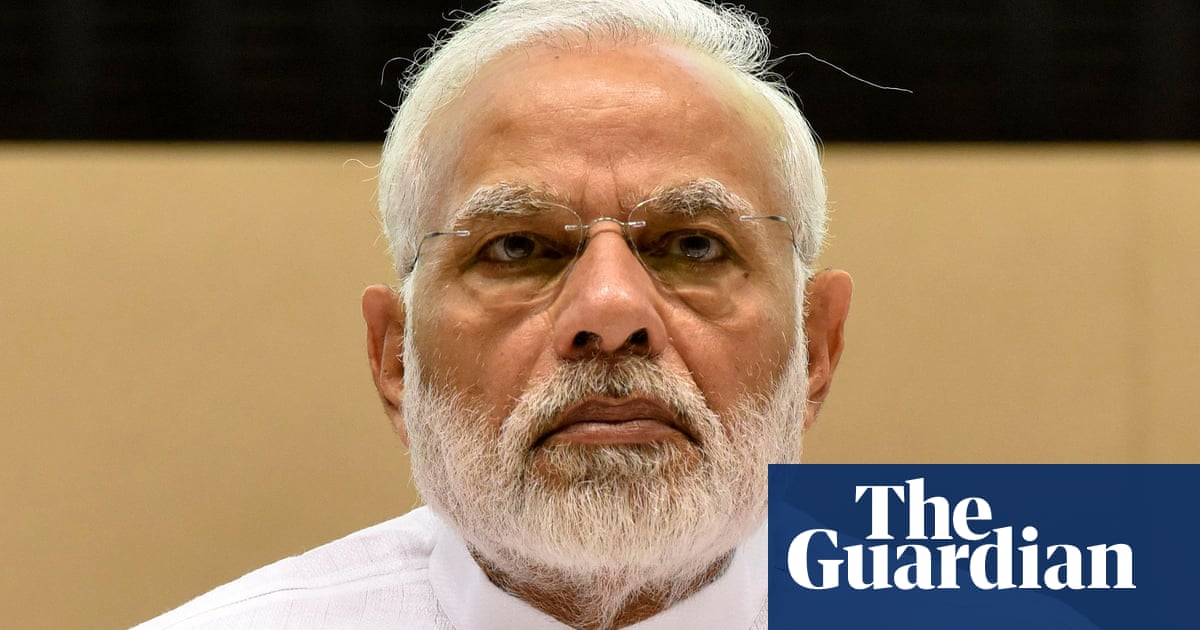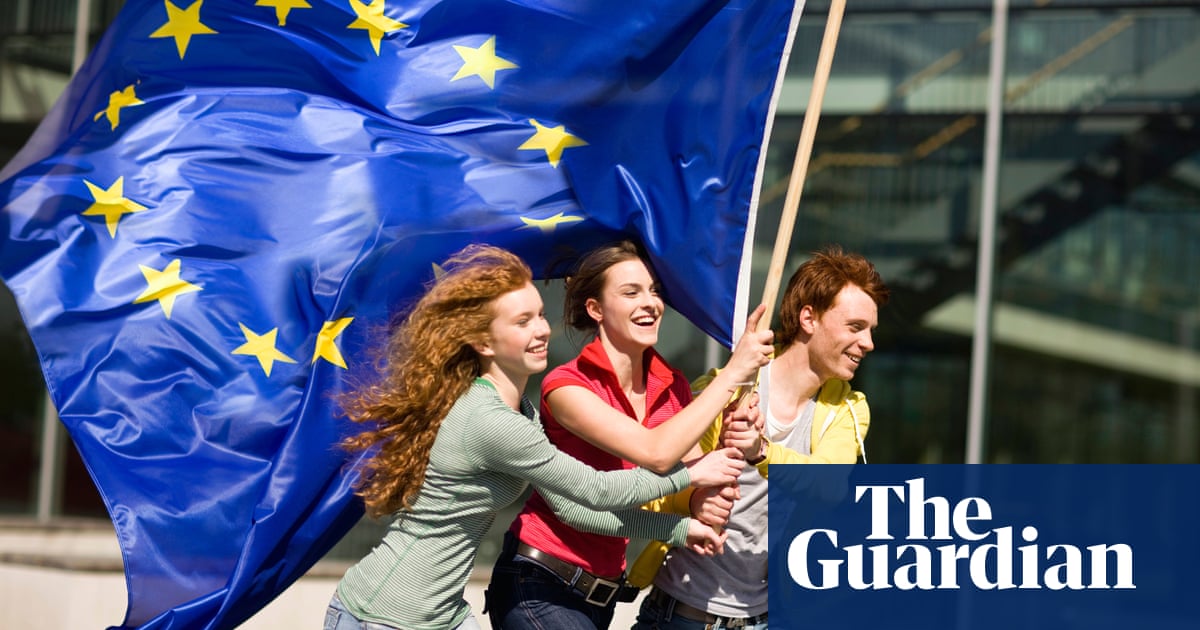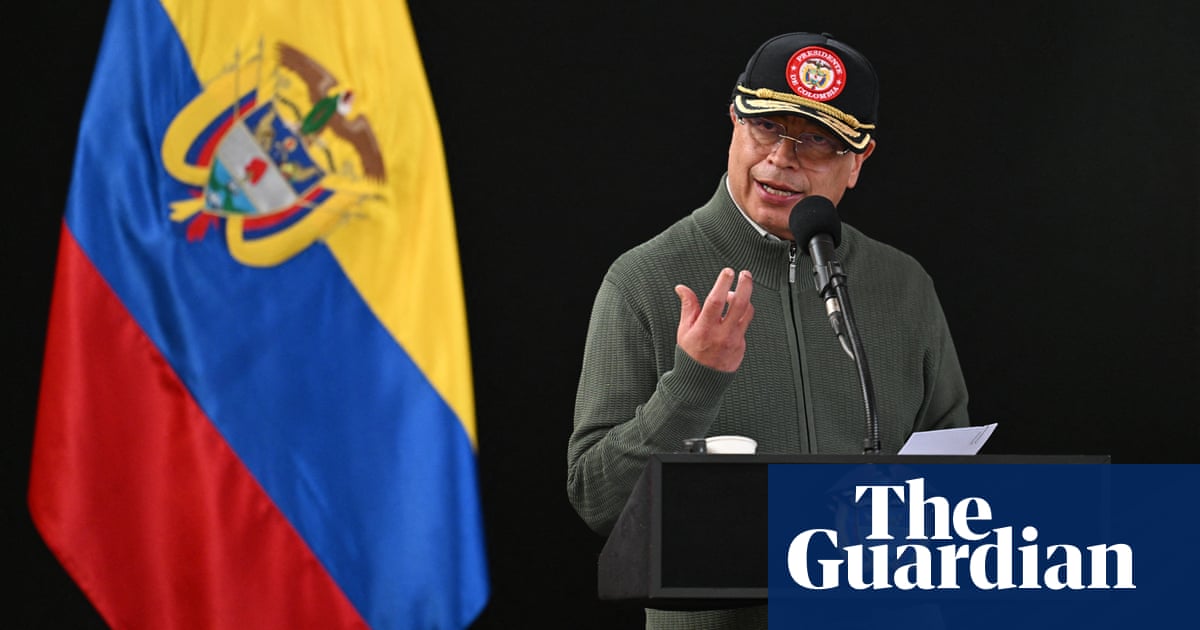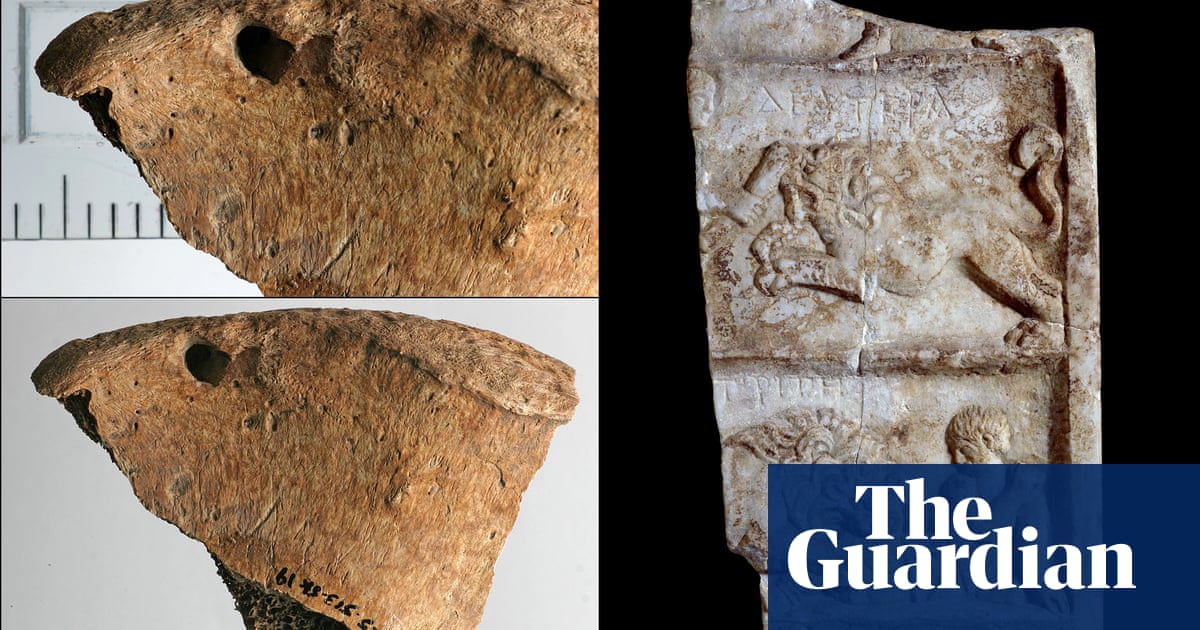When Panama’s then president Juan Carlos Varela was invited to the White House in June 2017, Donald Trump said the Panama canal was doing “pretty well” and described the bilateral relationship as “very strong”.
Just days earlier, Varela had broken ties with Taiwan to establish diplomatic relations with China, but there was no indication that this snub to a key US ally had clouded the meeting.
Over the next two years, promises of Chinese investment flooded into Panama. There were contracts to build bridges, ports, energy projects and a proposal for a high-speed rail line. Negotiations for a free trade agreement began and a giant plot of land near the entrance to the canal was set aside for a Chinese embassy.
In the following years, however, US diplomatic efforts and back-channel pressure effectively curtailed growing Chinese influence on the isthmus. Now, Donald Trump’s aggressive rhetoric and maximalist negotiating positions threaten to undermine a hitherto successful strategy.
The US was caught cold by Panama’s 2017 diplomatic switch to Beijing, but within months the state department was devising a response. That September, the US recalled its ambassadors to Panama, El Salvador and the Dominican Republic (the other two nations to establish ties with Beijing in 2017), and the following month, then secretary of state Mike Pompeo visited Panama City to warn the government of China’s “predatory economic activity.”
Panama’s dollarized economy is highly vulnerable to US pressure – as is its business elite, which banks, does business and sends it children to school in the US. Since 2016, US authorities have arrested one former president and his sons, banned Varela from entering the country due to “significant corruption” and blacklisted prominent businessmen. Senior politicians have been called to Washington for closed-door talks at the state department or found themselves unexpectedly detained and questioned at US airports.
Such back-channel coercion proved a successful strategy. US pressure played a role in cancelling the proposed Chinese embassy, and the free trade talks with Beijing silently slid off the agenda. Chinese firms found themselves losing out on key infrastructure projects despite tendering the lowest bids. The existing projects, including a bridge over the canal, a greenfield port in the Caribbean and a gas-power plant, were either abandoned or left in indefinite limbo. Air China cancelled its flights to Panama.
The only exception came in 2021, when the Panamanian government opted to extend a Hong Kong-based company’s contract to operate ports at either end of the canal. That contract is at the center of Marco Rubio’s claims that the current situation around the canal is “unacceptable”.
The July 2024 election of José Raúl Mulino, a pro-US technocrat, to the Panamanian presidency offered the state department the opportunity to continue its successful low-visibility strategy. Mulino’s very first act was to sign an agreement with the US to curb irregular migration through the Darién Gap. His administration’s signature infrastructure project – a railroad between Panama City and the Costa Rican border – was originally proposed by China, but in January its first major contract was awarded to a US firm.
Almost immediately however, Trump insisted, falsely and very publicly, that “Chinese soldiers” operate the canal and pledged to “take it back”.
Mulino has since said he is willing to concede on all of the US’s legitimate strategic concerns, agreeing to expand security infrastructure in the Darien and promising to exit China’s “Belt and Road” infrastructure initiative. The contentious ports are now being audited and a legal case has been lodged to declare them unconstitutional. The likely termination of that contract would end any meaningful Chinese presence around the canal.
But that is not, it seems, enough for Trump.
He has said he is unhappy with Rubio’s statements following the visit and has repeated that he wants the US to administer the canal. This would be an intolerable affront to Panamanian national identity and a hammer blow to the country’s already fragile economy.
after newsletter promotion
Furthermore, the demand that US government ships receive free passage through the canal – which Rubio says was agreed but Mulino denies – is a senseless provocation. US navy ships already jump to the front of the line for transits and have paid just $17m in transit fees over the last nine years.
By forcing this point – to no meaningful benefit – the US is putting Mulino in an impossible position. Conferring preferential free treatment to the US, expressly forbidden under the canal’s neutrality treaty, would put the Panamanian government in serious legal jeopardy, according to experts.
Trump has shown that he can bully his allies in the western hemisphere, but by pushing beyond strategic imperatives in an effort to humiliate an ally, his strategy could backfire in the long run.
At present, Latin American nations have little option but to bend to Trump’s threats of tariffs or military action. But if they believe these threats will be made repeatedly, in effect curtailing their ability to make policy independent of the US, they will be forced to look for alternative allies.
The region does not lack for governments – mostly autocracies – that have sided with Tehran, Beijing or Moscow. Trump could help them swell their number.

.png) 2 months ago
45
2 months ago
45

